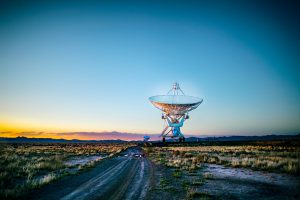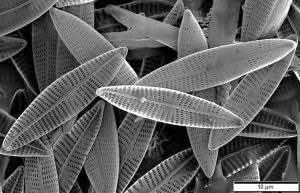One of the strangest and least common natural phenomena, which has intensified in recent years due to an increase in the use of marine transportation, water sports and sea-water warming, is the phenomenon of red tide. This phenomenon is a direct impact of tropical storms and high concentrations of pollution. Toxic algae in the water change the water and directly effect on fish and marine animals, making water quality intolerable. The red tide has hit Florida and the northern Gulf of Mexico.
The Algae called red tide is an algae that looks like red spots in the water and produces toxins that cause intestinal infections, paralysis and even death in humans. The Algae affects only when consumed directly as food. Sea fish and other animals, such as crabs and shellfish, feed on it, some are affected by it, others are resistant to its affects. The fisherman that catch these animals bring this poison directly to our plates.

The algae or seaweed develops near the shores of the sea, in warm water, moving with the sea currents and thus can travel long distances. It reproduces relatively easily and by its mere presence destroys everything in its path. Bathing in the sea where the algae exists may not be harmful, yet it is not pleasant.

The red tide is not the only algae that threatens the beaches. Another seaweed, which hit the coast of Florida, is called “blue-green seaweed” (Cyanobacteria). These algae are used most of the time as food for a wide variety of sea creatures. But when it multiplies too rapidly, it turns the water into a dense, mucous paste that makes it difficult for marine animals to move and breathe, harming corals, crabs and other plants.
The red algae widespread presence encourages the spread of the blue algae as well. The red algae destroys the marine wildlife that prey on the blue algae. Blue algae is also used in the food industry but without control, both algae can cause tremendous ecological damage.








